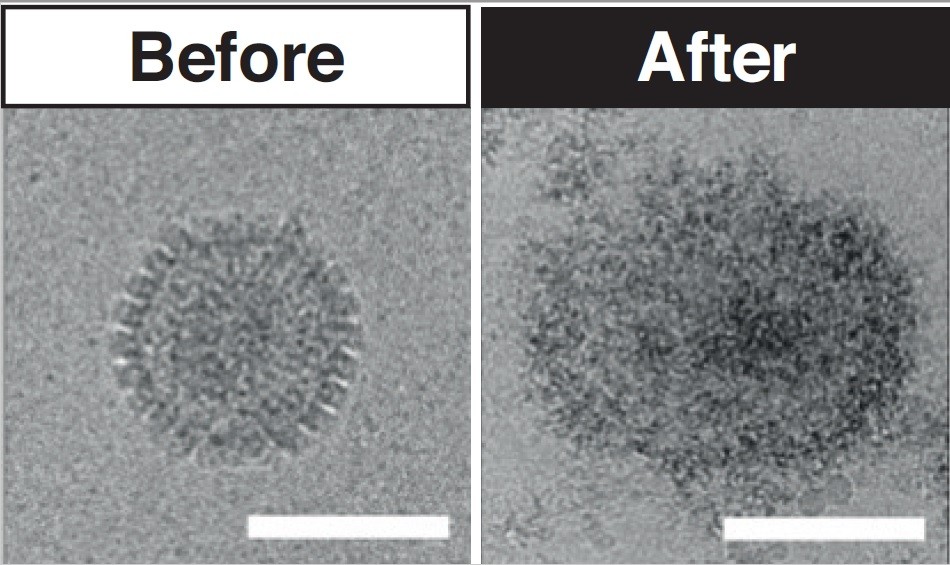
New antiviral materials m lade from sugar have been developed to destroy viruses on contact and may help in the fight against viral outbreaks.
This new development from a collaborative team of international scientists shows promise for the treatment of herpes simplex (cold sore virus), respiratory syncytial virus, hepatitis C, HIV, and Zika virus to name a few. The team have demonstrated success treating a range of viruses in the lab – including respiratory infections to genital herpes.
The research is a result of a collaboration between scientists from The University of Manchester, the University of Geneva (UNIGE) and the EPFL in Lausanne, Switzerland...
Read More








Recent Comments